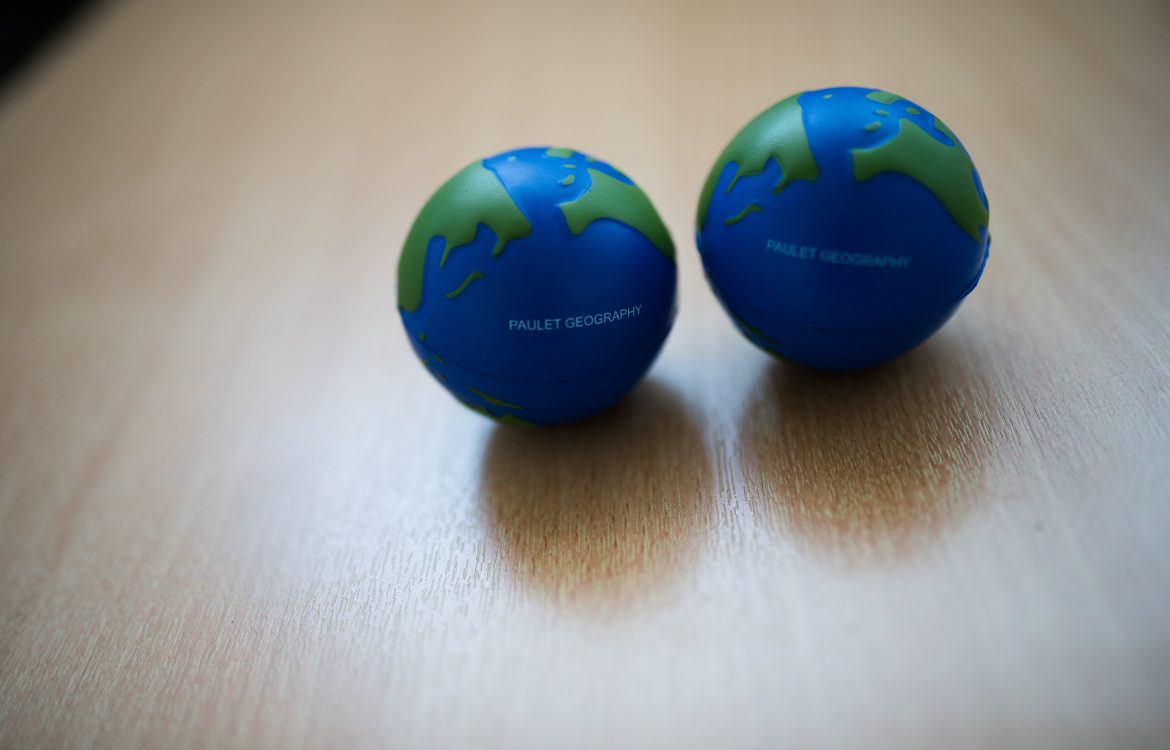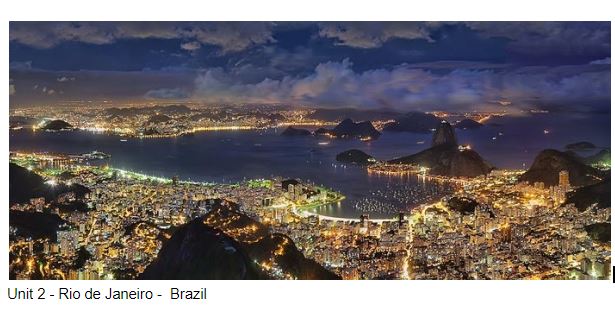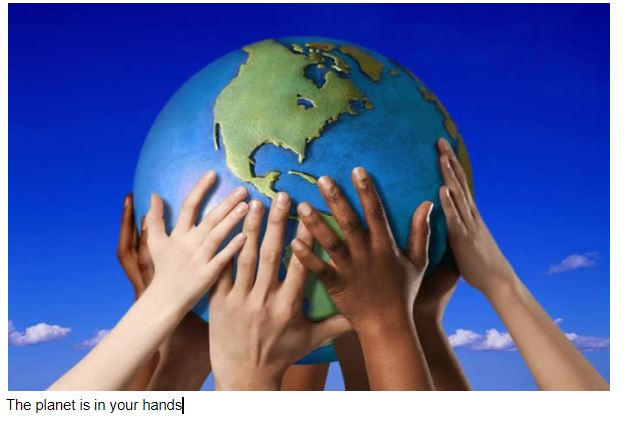
Geography
WHAT DO STUDENTS LEARN IN GEOGRAPHY IN KEY STAGE 4?
Geography provides young people with the chance to learn both about their planet and more importantly the role they will have in Earth’s future. Throughout the course we focus on the changing nature of our relationship with our home and the increasingly interconnected life of every single person on the planet.
Unit 1 – Living with the physical environment
The challenge of natural hazards – the causes, effects and management of geographical hazards.
- Earthquakes
- Hurricanes
- Extreme weather events in the UK
- Climate change
The living world – the characteristics and sustainable management of ecosystems.
- Tropical rainforests focussing on the rainforests of Malaysia in South East Asia.
- Cold environments focusing on development in the Arctic.
Physical landscapes in the UK – rivers and coastal environments.
- Physical landforms
- Coastal defence
- Flooding and flood defence
- Includes fieldwork on rivers

 Unit 1 – Deforestation in Malaysia
Unit 1 – Deforestation in Malaysia
Unit 2 – Challenges in the human environment
Urban issues and challenges environments – changing characteristics of urban areas in the UK and around the world.
- Focusing on one UK city such as Birmingham or Bristol
- Focusing on one overseas city such as Rio de Janeiro or São Paulo in Brazil
The changing economic world – economic development in the UK and around the world.
- Focusing on a Newly Emerging Economy, Nigeria.
- Focusing on the UK’s changing economy and global role.
The challenge of resource management – energy resources.
- Global resource distribution of energy, food and water.
- UK energy, food and water provision.
- In depth focus global energy provision

Unit 3: Geographical applications
- Issue evaluation – based on pre -released resource booklet of information on a topical issue such as the HS2 (High Speed Railway development in the UK), which we analyse for several weeks in class prior to the unit 3 exam.
- Two fieldwork investigations linked to learning in units 1 and 2 and decided by the department. These investigations are not submitted as course work but they are examined in the unit 3 exam.
Development of skills is integral to GCSE geography. Throughout the course students will develop their ability to identify, interpret, analyse, evaluate and synthesise information from a range of sources including photographs, satellite images, data, graphs, maps and newspaper extracts. The cartographic skills, data presentation and mathematical skills are all transferable skills beneficial to many careers.

HOW WILL STUDENTS LEARN IN THIS COURSE?
Geography offers a unique combination of skills, from the interpretation and analysis of data, maps and photos to evaluating arguments, problem solving and decision-making. Alongside building their geographical knowledge students will develop these transferable skills both in the classroom and whilst carrying out fieldwork investigations. The fieldwork investigations happen through day trips so cost is kept to a minimum allowing access for all students.
HOW ARE STUDENTS ASSESSED IN THIS COURSE?
During the course we assess students both within each module and by end of module tests. Students also sit whole school PPE’S (Practice Public Examinations also known as mocks or trial exams).
Final examinations all taken in the summer of year 11
Unit 1 – Living with the physical environment
90 minute exam 35 % of the GCSE
Unit 2 – Challenges in the human environment
90 minute exam 35 % of the GCSE
Unit 3: Geographical applications
75 minute exam 30% of the GCSE
WHAT IS THE LEARNING SEQUENCE?
| Year 10 | Year 11 | |
| Autumn Term 1 | The challenge of natural hazards – the causes, effects and management of geographical hazards | Urban issues and challenges environments – changing characteristics of urban areas in the UK and around the world. |
| Autumn term 2 | The challenge of natural hazards – the causes, effects and management of geographical hazards | Urban issues and challenges environments – changing characteristics of urban areas in the UK and around the world.
Fieldwork investigation on cities – day trip |
| Spring Term 1 | The living world – the characteristics and sustainable management of ecosystems. | The changing economic world – economic development in the UK and around the world. |
| Spring Term 2 | Physical landscapes in the UK – rivers and coastal environments – coasts | The changing economic world – economic development in the UK and around the world.
Issue evaluation preparation for paper 3 |
| Summer Term 1 | Physical landscapes in the UK – rivers and coastal environments – rivers.
Fieldwork investigation on rivers – day trip |
Revision Exams |
| Summer Term 2 | The challenge of resource management – energy resources. | Exams |
WHAT QUALIFICATION IS GAINED FROM WHICH EXAM BOARD?
GCSE in Geography
LINK TO EXAM BOARD SPECIFICATION
HOW IS IT GRADED?
Graded 1-9, with 9 being the highest grade
WHAT FURTHER EDUCATION AND/OR CAREERS CAN THIS QUALIFICATION LEAD TO?
These transferable skills offer a variety of employment opportunities for geographers: advertising, meteorology, marketing, law, architecture, conservation, archaeology, business, leisure & tourism management, civil engineering, environmental health and of course the rapidly growing field of sustainability which increasingly is part of all our lives. The transferable skills developed in geography will be of particular use in a world where many of the careers today’s GCSE students will have do not yet exist in our ever changing world.
Students do of course have the opportunity to continue geography at A Level and subsequently university be it taking Geography or one of the many other degrees linked to the subject, such as sustainability for example, which is offered at 34 Universities.

